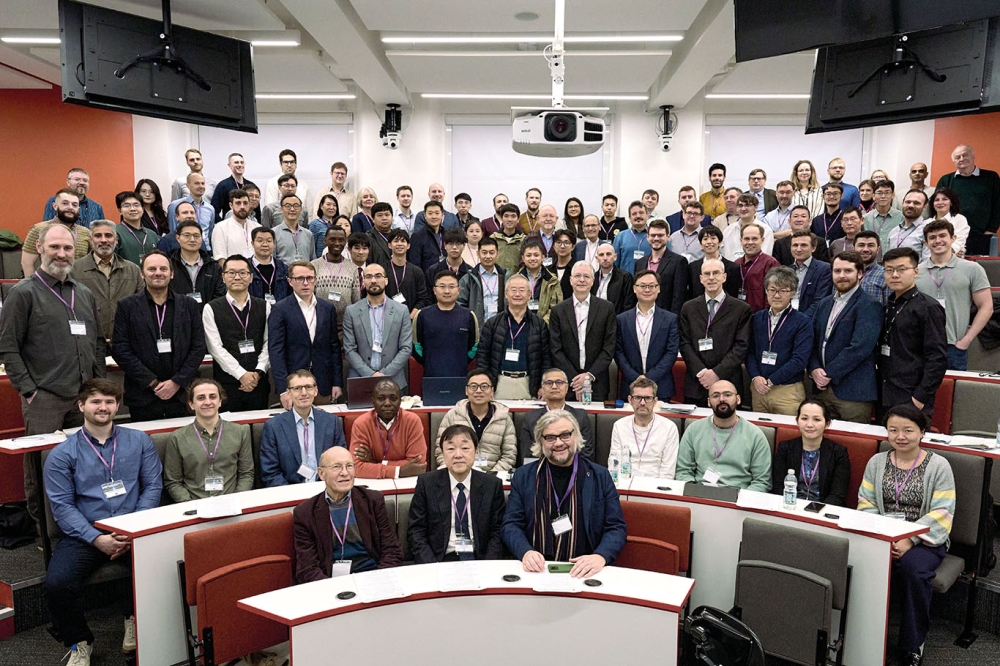Marine emissions sensor exploits cascade laser
Cascade Technologies has secured a technology licensing deal with BP, worth at least £4 milion ($7.5 million) to the company over the next three years.
The partnership will see Cascade, a pioneer in the development of quantum cascade lasers (QCL), develop new emissions monitoring systems for the marine industry.
BP Marine, a subsidiary of BP, has invested in Cascade for access to the QCL technology. Cascade will give technical support to approve the laser-based analyzer system.
Krystallon - a joint venture between BP Marine and Kittiwake established to develop innovative pollution abatement methodologies - will supply the sensors and develop the data recording and data transmission systems. QCL technology is lightweight, virtually maintenance-free and has capabilities to measure "greenhouse" gases, including carbon dioxide, nitrogen oxides (NOx) and sulphur oxides (SOx).
"We are excited at the prospect of working alongside BP to develop this new application for our ground-breaking technology, which will allow BP to measure emissions more quickly, accurately and cost-effectively," said John Fuller, chief executive of Cascade.
"Cascade developed and patented the world s first real-time technology for the detection of emissions, as well as gas and explosives compounds, through its application of QCLs. The technology offers unprecedented levels of sensitivity and the ability to quickly analyse complex gases."
The deal with BP was struck in response to the introduction of sulphur emission control areas (SECAs), which set limits on sulphur oxide emissions from ship exhausts. Furthermore, recent maritime legislation limits the emissions of oxides of nitrogen from ship engines, as well as emissions of ozone-depleting substances.
BP Marine believes that the new technology will help the shipping industry meet regulations governing the emissions of NOx and SOx and likely more stringent in-port requirements of the European Union.
All ships must carry an International Air Pollution Prevention certificate, which certifies that the ship is in compliance with the International Maritime Organisation s requirements. From January 2010, the EU will require that all marine fuel used in EU ports must have a sulphur content below 0.1%.
About the authorMatthew Peach is a contributing editor to optics.org and Optics & Laser Europe































